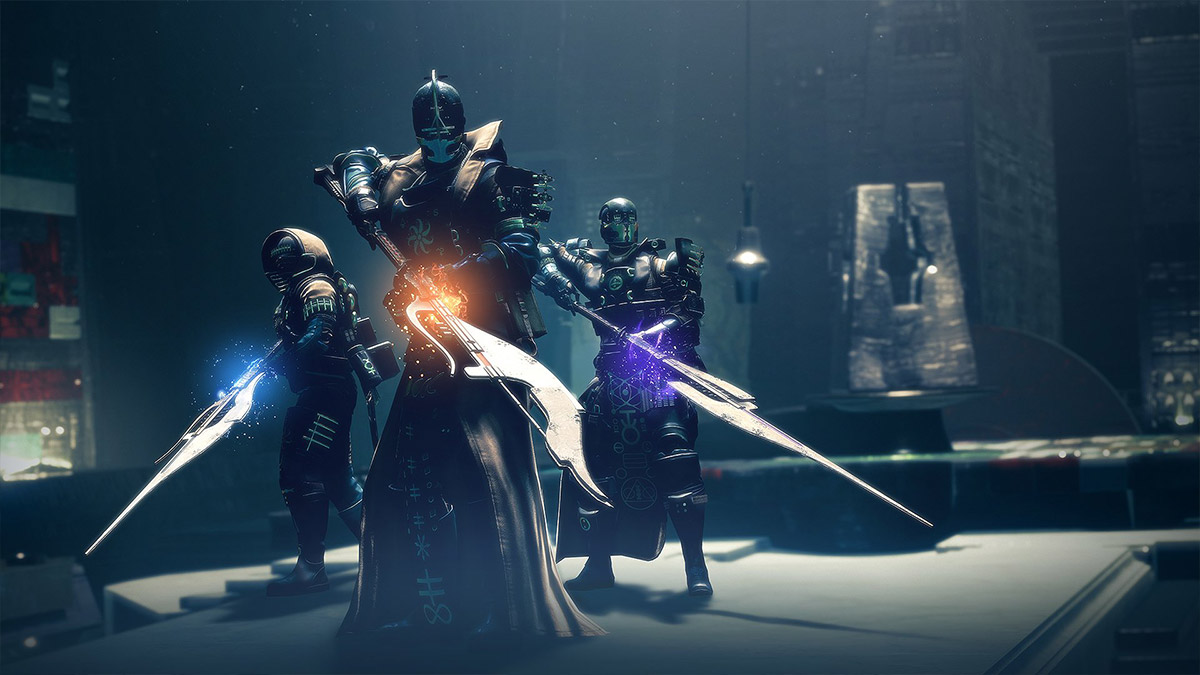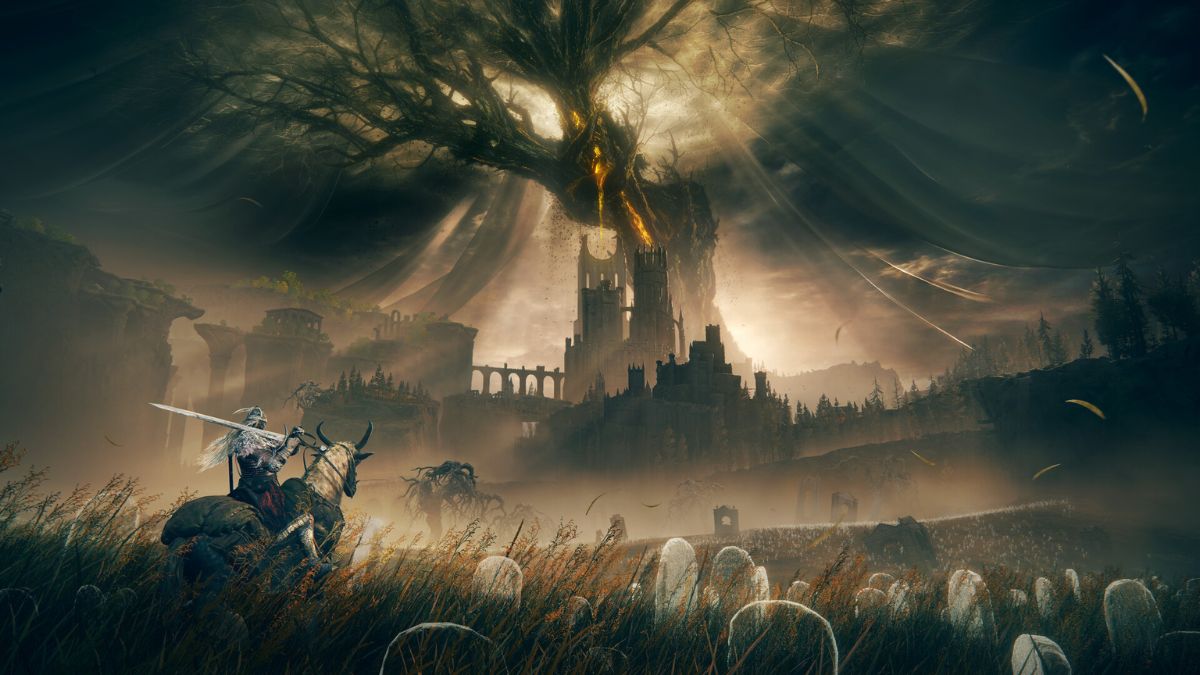One of the more commonly used abbreviations you hear surrounding video games nowadays is RNG. This is often attached to loot mechanics in games like Destiny or The Division, but also applies to loot boxes and other criteria. If you are confused, here is what RNG means.
Related: What does AFK mean in gaming? AFK Explained
What does RNG mean in gaming?
If you hear someone throw out the abbreviation RNG, they are talking about a Random Number Generator. This is essentially how the game decides your luck plays out in any portion of the game that takes chance. For example, what items drop from a boss you defeat are decided by the RNG. Also, rogue-lite games like Hades are filled with RNG that decides how the path for you is laid out. There is some kind of RNG in almost every game nowadays.
If you hear someone criticizing RNG, they likely have had bad luck with getting things to go in their favor, but that doesn’t mean they are unjustifiably upset. Some RNG systems can be grossly unfair to players. You see this most often in free-to-play mobile games that have you pay for their microtransactions and then you roll for a chance to get good items. The odds of getting anything worthwhile are purposely set up to steal your money by having you fail and continually come back for more. In the case of console and PC games, this has crept its way in as well, although not nearly as bad on mobile stores. One of the most egregious cases of this was with Star Wars Battlefront II.
Loot boxes have slowly been replaced by battle passes, but random loot drops in games have become highly relied upon for the biggest games. We already mentioned Destiny, but other games where RNG plays a big role in is Fortnite, Apex Legends, Borderlands, and recent Assassin’s Creed titles. If the chances of getting better items is fair, it’s not so bad, but games have pushed their limits too hard in the past.







Published: May 18, 2022 10:22 pm